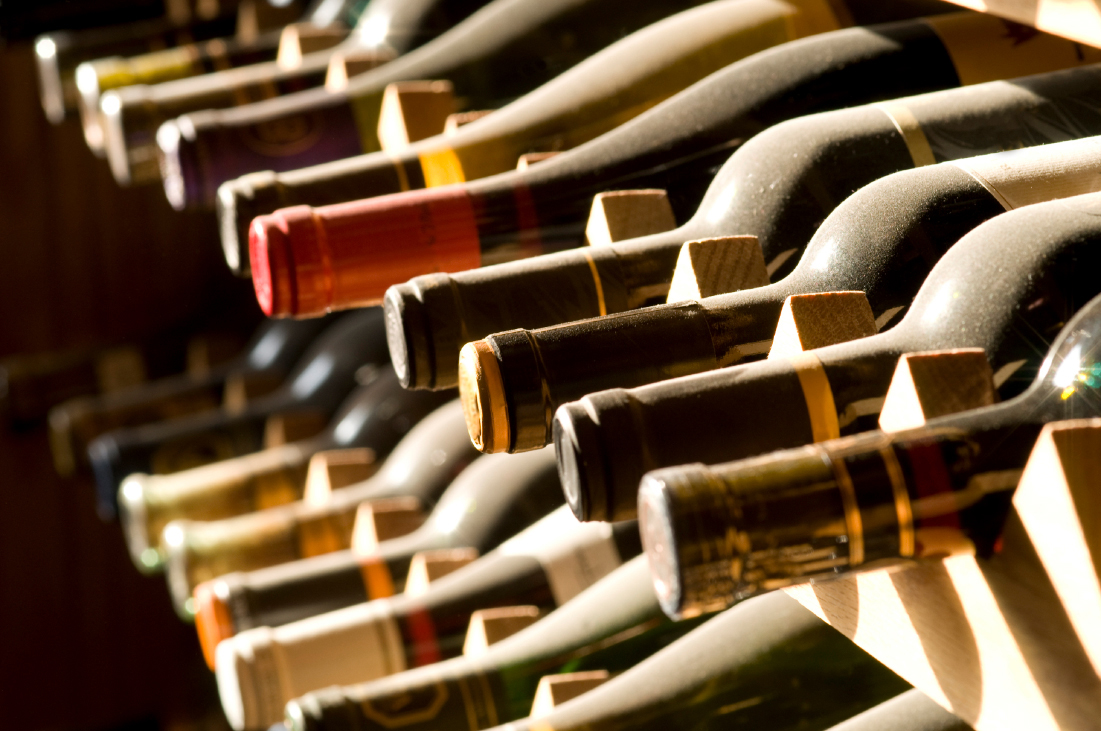Investing
Are you ready to join the fantasy fine wine league?

A new website hopes to make investing in fine wine easier for everyone.
Turning a hobby into a money making venture is wishful thinking for most of us. After all, we can’t all be professional tennis players or famous rock stars.
But if your favourite pastime is the more leisurely pursuit of drinking wine, making a profit out of what you love is far more achievable.
And a newly launched website is hoping to provide the perfect platform for private investors to make healthy returns from trading wine.
Pitted as the “fantasy fine wine league for serious collectors”, Wine Owners is an online exchange platform which allows users to buy and sell fine wine directly.
Members have access to a database of 150,000 wines to compare, analyse, value and trade. They can read reviews from critics, manage their portfolios, view pictures, track optimal drinking dates, learn about wine cooler benefits for storage, and make their own tasting notes as well compare the performance of one wine against another or against an index such as the FTSE 100.
The service is free to use up until the point of a trade where a 2.5% commission for buyers and 6.5% commission for sellers applies. As long as users are not professional traders, sales are free from capital gains tax.
The company was set up by Nick Martin, a passionate collector since the late 1980s and ex leader of a Fortune 500 technology firm, who was disgruntled at the amount of time it took to buy and sell wine.
He set up the site to “empower” wine lovers, collectors and investors who want to manage their fine wine portfolio in one place.
“The site provides all the information and tools investors need but no advice,” Martin says. “It is totally neutral and transparent.”
As an unregulated market, the risks of investing in wine are far from insignificant. The number of rogue wine traders has soared recently for one. However, Martin claims returns of 8%-10% a year are not unreasonable.
When it comes to the benefits of wine as an investment, the case is well versed. Fine wine is a tangible, uncorrelated asset which provides diversification to investment portfolios. It is also referred to as an inflation hedge as the price of fine wine tends to increase with inflation making investing in fine wine a good way to preserve wealth in times of high inflation.
An explosion of demand from emerging markets such as China has also added to the narrative with a similar story expected to come out of India, where the middle class population is booming.
Economist Joe Roseman is a big believer of investing in fine wine and says that despite the fact returns have fallen over the past six months, the market appears to have started to stabilise.
However, he says investing in wine can be dangerous without a certain level of expertise.
“It can be addictive and the costs are not insignificant so you have to be a relative expert.”
Roseman, author of the book SWAG: Alternative Investments for the Coming Decade, recommends wine should only form around 5% of someone’s total portfolio.
While he thinks platforms like Wine Owners are a “great idea”, he points out that similar sites have failed in the past.
One, Vinetrade, shut down in February, blaming the fact that they were “a small team with limited resources operating in a niche market…and the current depression in the market.”
Nevertheless, Roseman believes the idea could take off as long as investors are able to develop a degree of trust that the wine they buy has good provenance.
One way Wine Owners has tried to improve transparency is by setting up arrangements with a number of storage facilities, which charge between £9 up to £14 per case per annum including insurance, and offer users photographs of their wine.
It has also created the Wine Passport to establish a new transparent standard of provenance for fine wine. The Passport comprises purchase and sales dates, sources of supply inspection and photography and identifies transfers of title and stock movements.
While investors should never bestow all of their wealth to alternative investments, there’s clearly a case for having some exposure. And if you know your Lafarge from Lamarche, fine wine may just be for you.